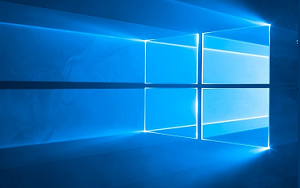Learn how to optimize your Wi-Fi network for better performance with these simple tips and tricks. Improve your Wi-Fi speed, range, and reliability today.
Slow internet speeds and weak signals can be frustrating, especially when working from home or streaming your favorite shows. Optimizing your Wi-Fi network can significantly improve its performance. This guide will provide practical tips to help you optimize your Wi-Fi network for better speed, range, and reliability. Manufacturers release firmware updates to improve security, performance, and stability. Make sure your router is running the latest firmware by checking the manufacturer's website for updates or enabling automatic updates in your router's settings. Interference from other networks can affect your Wi-Fi performance. Use a Wi-Fi analyzer app to identify the least congested channel and configure your router to use that channel for better signal quality and speed. Router placement plays a significant role in your Wi-Fi network's range and performance. Place your router in a central, elevated location, free from obstructions like walls and metal objects, to ensure the signal covers your entire home or office. If you're experiencing dead zones or weak signals, consider using a Wi-Fi range extender or upgrading to a mesh network system. These devices can help expand your Wi-Fi coverage, improving performance in hard-to-reach areas. Review your router's settings and make adjustments for better performance. Enable Quality of Service (QoS) to prioritize bandwidth for critical devices and applications, and disable outdated protocols like WEP to improve security and speed. A secure network is essential for optimal performance. Enable WPA3 encryption and create a strong, unique password to prevent unauthorized access and bandwidth theft.1. Update Your Router's Firmware
2. Choose the Right Wi-Fi Channel
3. Position Your Router Strategically
4. Use a Wi-Fi Range Extender or Mesh Network
5. Optimize Your Router's Settings
6. Secure Your Wi-Fi Network







